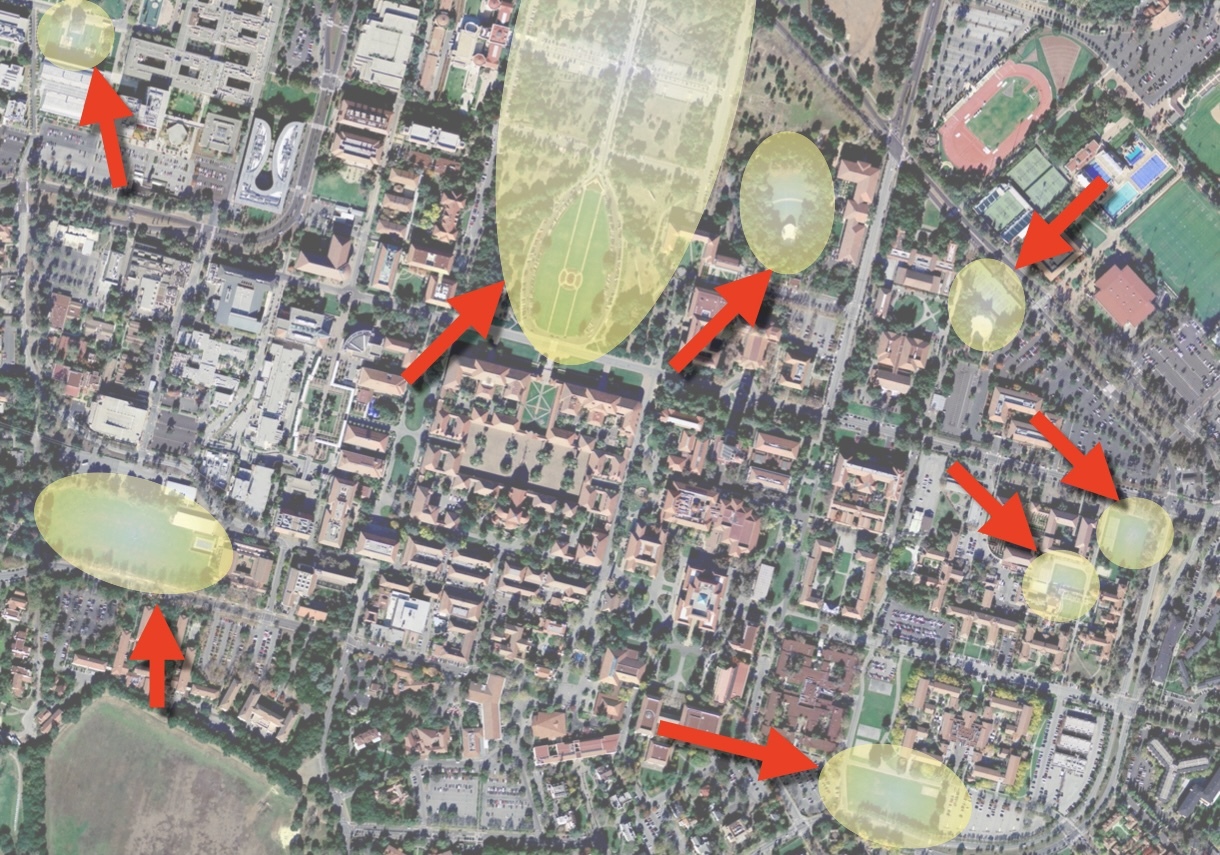
Action Insights
The First 100 Days: How Time Management Shapes Mayoral Transitions
Strategic Leadership and Management
Module
Last Updated
Topic
Data and Evidence
Location
Global
This module aims to improve the skills of city leaders to use data and evidence in their decision-making. It contains exercises, tutorials, and quizzes designed for data-informed problem-solving in a city context.
A Free, Self-Paced Online Learning Module
Harness data for better public decisions
What does it take to use data and evidence effectively in city leadership?
Every day, city leaders are expected to make high-stakes decisions that shape the lives of their residents. Data—when used well—can make those decisions smarter, more strategic, and more responsive to resident needs. This free, self-paced module helps you become a sharper consumer and commissioner of data and evidence in city government.
Co-created by the Bloomberg Harvard City Leadership Initiative and the Evidence for Policy Design (EPoD) program at the Harvard Kennedy School, this flexible online module is inspired by real-world events and decision-making moments from cities around the globe. It offers busy public leaders a dynamic learning experience with practical tools, thought-provoking questions, and compelling scenarios that reflect the challenges city officials face every day.
Whether you’re a mayor, senior city official, policy advisor, or data analyst, this module is designed to help you use data more confidently—and more impactfully—in your work.
Why Take This Module?
What You’ll Learn
How It Works
Who Should Take It?
This module is for public leaders at every level—whether you work directly with data or simply want to make more informed decisions. It’s ideal for mayors and senior officials, department heads, analysts, policy advisors, and anyone trying to lead smarter with data, including students who are interested in running for office or a career in city hall.
This module is available free of charge as part of our commitment to helping more city leaders around the world build their capacity to lead with data.
Acknowledgements
The authors are grateful to the following individuals for their guidance, feedback, and contributions:
|
|
More Resources Like This
